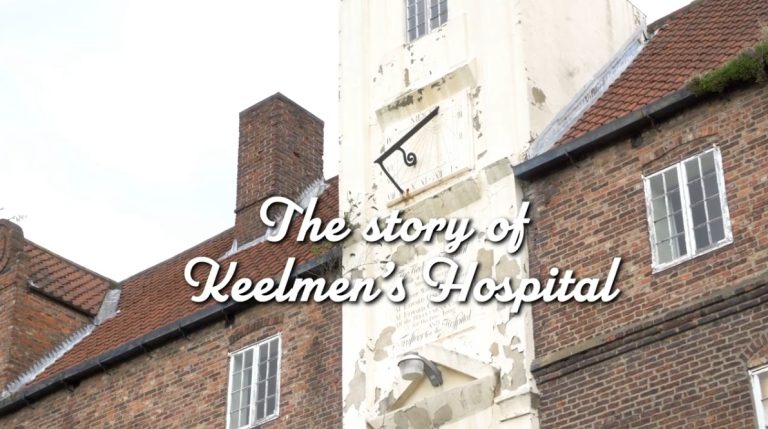
Reviving Newcastle’s Past: The Story of the Disused Keelmen’s Hospital
The Keelmen’s Hospital in Newcastle is a historic building originally constructed for keelmen and keelmen’s widows. The building was last used as student accommodation but
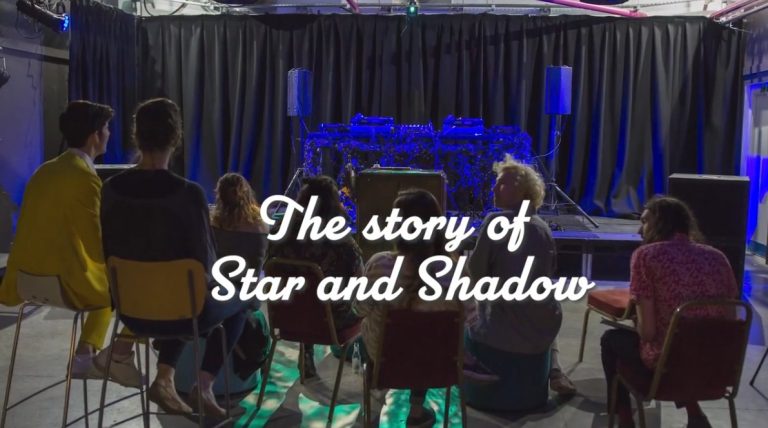
The story of the Star and Shadow Cinema in Newcastle
We interview Dawn Felicia Knox of Star and Shadow Cinema as she explains the working class industrial history of Newcastle and its impact on cultural

ExRotaprint: From industrial production to collective urban development
ExRotaprint was founded in 2007 by tenants of the former Rotaprint industrial complex located in Wedding, a traditional working-class district in central Berlin. ExRotaprint set
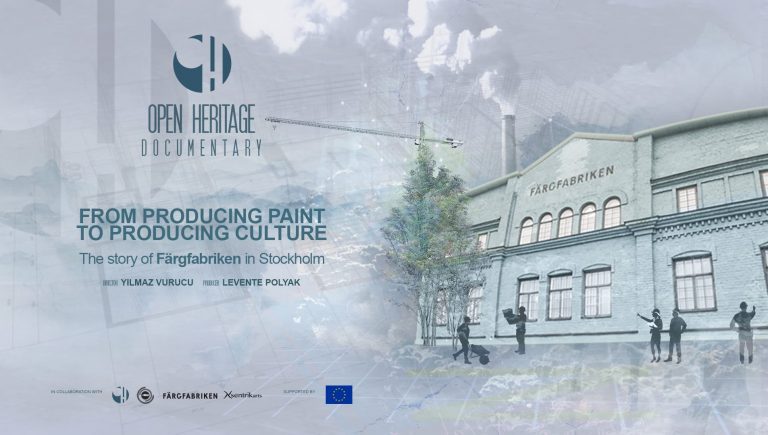
Färgfabriken: From producing paint to producing culture
Färgfabriken is a platform and exhibition venue for contemporary cultural expressions, with an emphasis on art, architecture and urban planning established in an industrial building
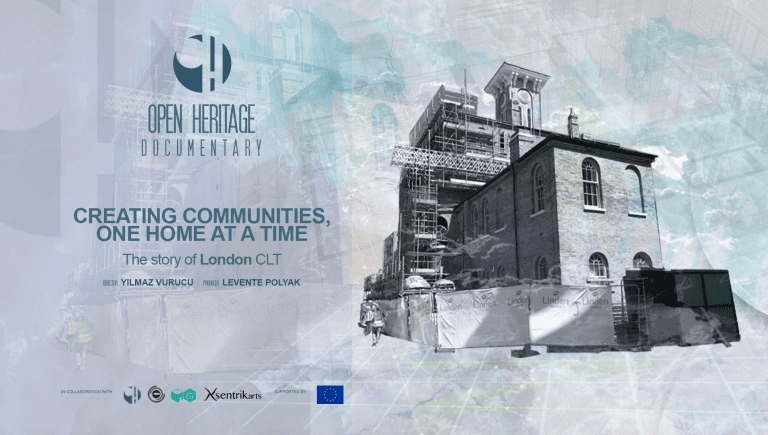
London Community Land Trust: Creating communities through affordable housing
London’s first Community Land Trust was established in the former psychiatric hospital of St Clements, in the Mile End area. It provides affordable housing, allowing
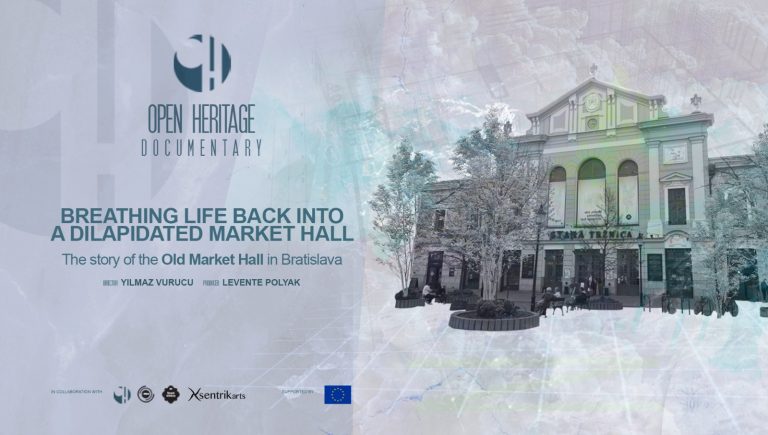
Stará Tržnica: Breathing life into an old market hall
Stará Tržnica (Old Market Hall) is a historical building in the centre of Bratislava. After years of unsuccessful attempts by the municipality to keep the

Cascina Roccafranca – The Public-Civic Governance of Space
Cascina Roccafranca is a multi-functional community centre operating in a building owned by the City of Turin. The centre is managed through a cooperation between
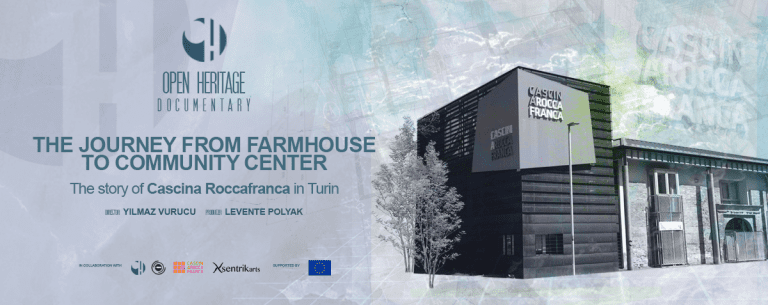
Cascina Roccafranca: The journey from farmhouse to community centre
Cascina Roccafranca is a multi-functional community center located in a former farmstead in Turin’s outskirts. After 30 years of vacancy, Cascina Roccafranca was bought by
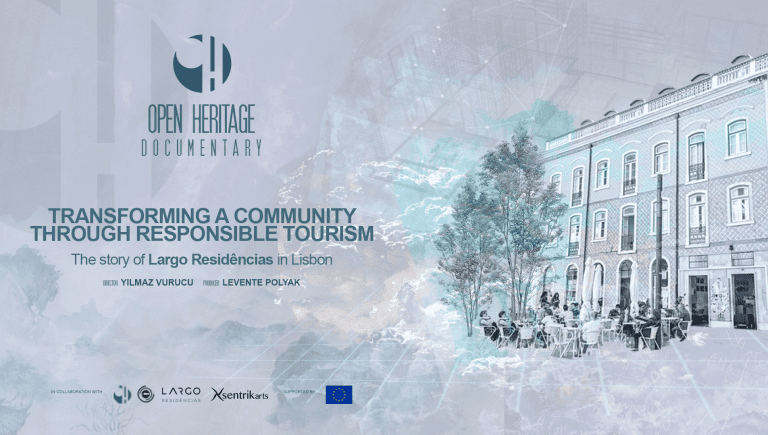
Largo Residências: Transforming a community through responsible tourism
Largo Residências is a hostel, hotel, artist-in-residence and café in Lisbon’s fast-changing Intendente neighbourhood. Largo Residências, run by a cooperative, uses its revenue from tourism
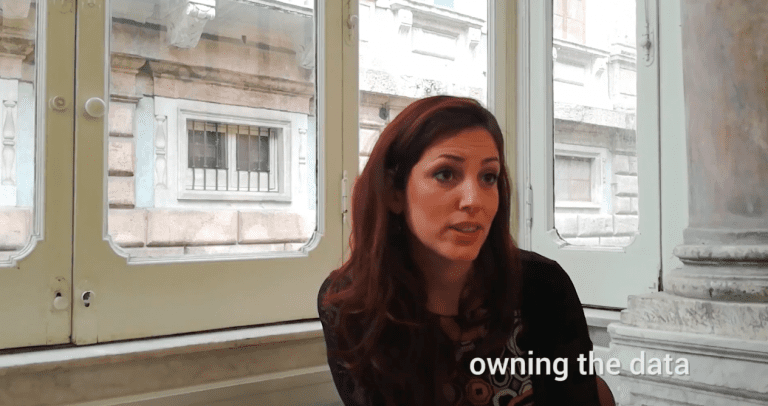
Interactive Cities – A conversation with Daniela Patti
What is the local challenge when implementing digital governance tools?
Daniela Patti, Interactive Cities Network’s Lead Expert, answered to this and other questions to
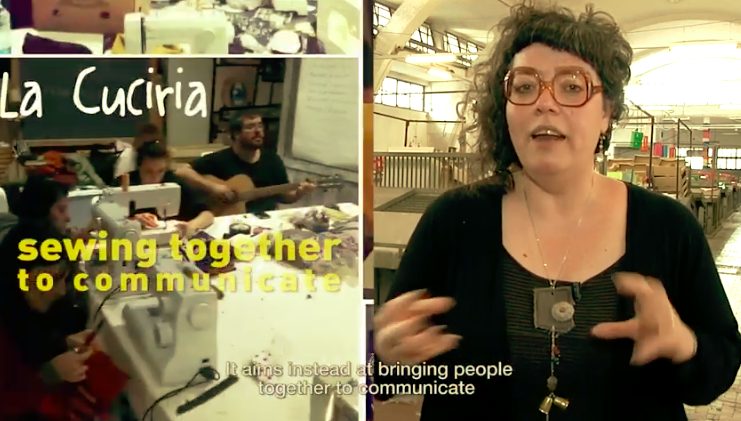
La Cuciria – A circular economy-based sewing workshop
La Cuciria – Sartoria Creativa Emotiva creates awareness of ethical consumption through the activity of sewing in the periphery of Ravenna. It functions as a
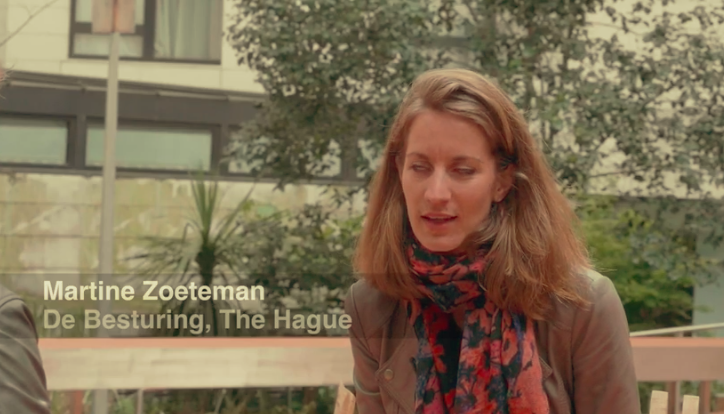
De Besturing – From tenancy to collective ownership
De Besturing was founded in 2006 in an industrial area of The Hague and over the years it has been transformed from a temporary studio
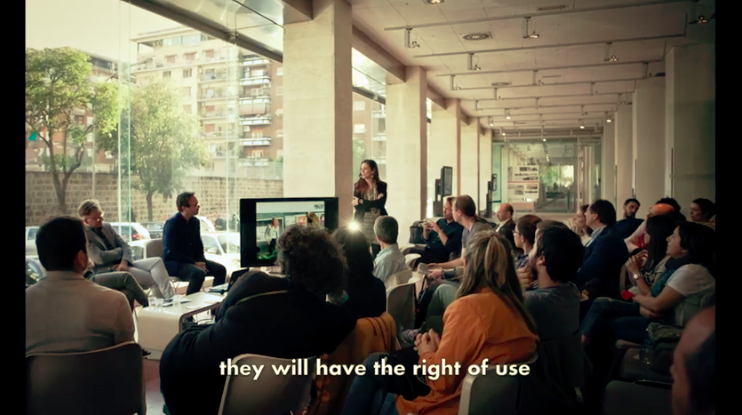
SANNAS – Creating a local network of cooperation among various enterprises
SANNAS is a group of enterprises in Madrid, working in a shared space on projects with social, environmental and economic dimensions. One of the projects
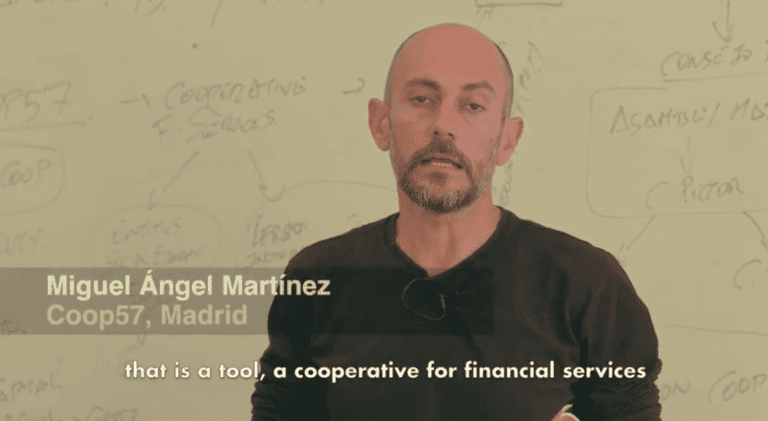
Coop57 – Financing projects in the social and solidarity economy
Coop57 is a cooperative with the objective of financing projects in the social and solidarity economy. It was created in Barcelona in 1995 from a
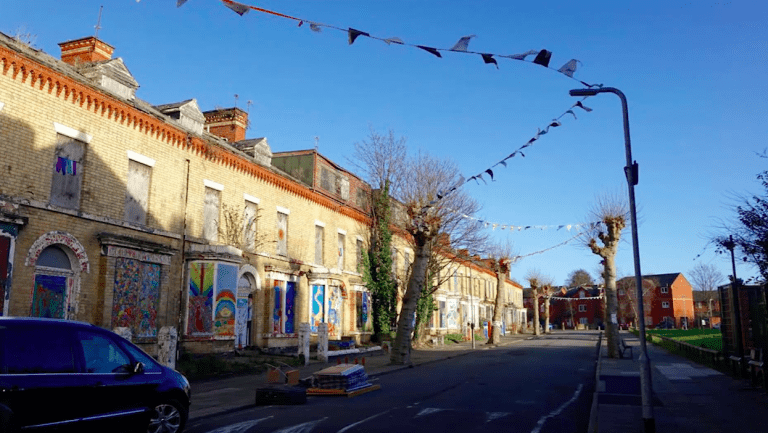
Granby Four Streets Community Land Trust – From demolition to regeneration
Granby Four Streets Community Land Trust addresses housing issues within Liverpool’s Eighth District. In this scheme, the local community owns land and leases some parcels

